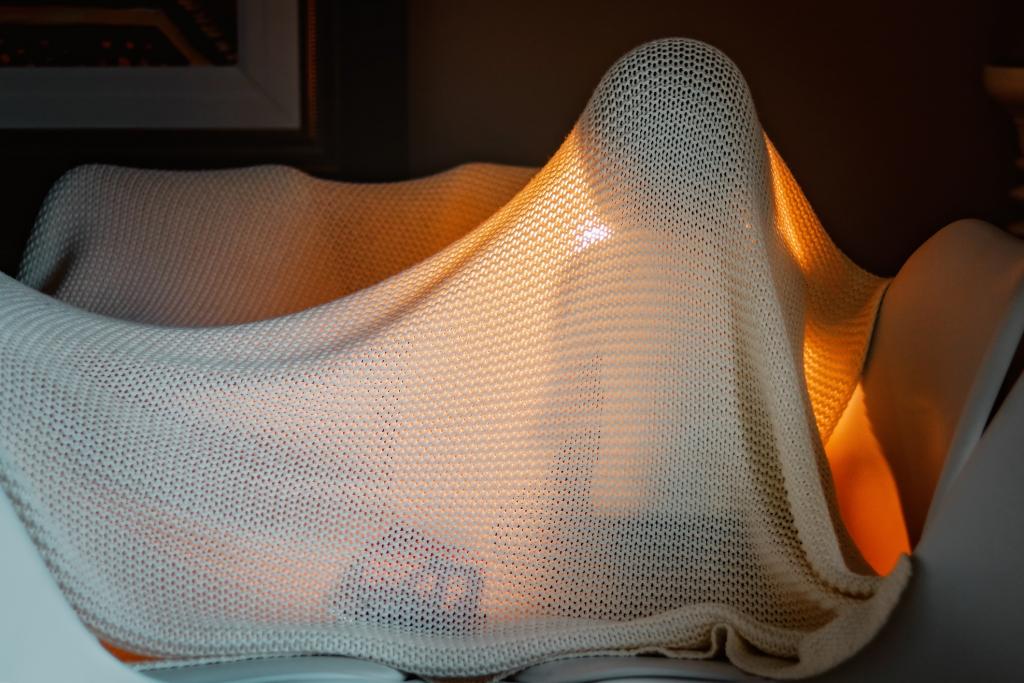
The concept of parental responsibility came into law in 1989 with the enactment of the Children Act. The intent was to move away from parents asserting their rights towards moving towards their responsibilities for their children. Parental responsibility is defined as follows “The legal rights and duties in respect of a child and his or her property”.
In effect it is the entirety of the decision making process that a parent would expect to be able to utilise in regards to making arrangements for their child.
Children Act – what happened in the past?
The situation for mothers has not changed since 1989 and has been simple and straightforward. If you are a mother who gives birth to a child you are automatically granted parental responsibility on that birth and will retain the same until it is discharged on the child becoming 18 and legally becoming an adult, UK law however can be somewhat confusing between the child’s age of 16 and 18 in terms of providing limitations to that parental responsibility.
Parental responsibility that is granted to a mother can only be discharged by the child becoming an adult and, statute and/or law (16 to 18) or upon the child being adopted. The position for biological fathers was not so straightforward.
In 1989 fathers only had parental responsibility for their children if:
- They were married to or subsequently married the child’s mother.
- A Parental Responsibility Agreement was entered into with the mother.
- The Court granted parental responsibility to them.
Children Act – the current situation
Subsequent changes and amendments to Children Act however now confirm that children’s biological fathers automatically hold parental responsibility for their children in addition to those identified above if they are named on the child’s Birth Certificate.
If not, (and not married to or subsequently marry the mother), biological fathers are still able to secure parental responsibility by either entering into a Parental Responsibility Agreement, securing the same through the Court, or via an alternative Court Order which brings with it parental responsibility.
A Parental Responsibility Agreement by its very name requires that the parents agreed to the grant of parental responsibility to a father, who does not already hold it and this is a formal document that needs to be entered into and subsequently registered.
Alternatively within Court proceedings a father can be granted parental responsibility by way of Court Order either solely or on its own or by reason of an alternative Order such as a Live with Order which brings parental responsibility with it.
In general terms if a father does not hold parental responsibility and an agreement cannot be entered into with the mother, if that father is having direct face to face contact with his child unless there are very good reasons why not, it is almost inevitable that the father will be granted parental responsibility by the Court.
The Children Act identifies that generally parental responsibility can be exercised either jointly or severally. This means parents should agree decisions in regard to the child but in reality many of the decisions which are taken on a daily basis for a child do not require the consent of the other parent.
I have dealt with a number of areas where there can be disputes in regard to parental responsibly and how these may be looked at in earlier articles including for example who children can be brought into contact with, use of babysitters, children’s sleepovers, clubs, activities, etc.
Where parents are in dispute over aspects of parental responsibility of significance i.e. religious upbringing, Courts can make orders to resolve those disputed issues between the parents by the implementation of either specific issue or Prohibited Steps Orders.
Parental responsibility often only comes in to focus when there are significant differences between the parents but parents utilise their authority under parental responsibility on a daily basis, as the exercise of parental responsibility includes determining not only, for example, which school a child might attend, but whether they can have their photographs included in school websites, whether the child can go on a school trip, what time they get up, what time they go to bed, what food is provided etc.
Others that can have parental responsibility
It is possible for others however to secure parental responsibility other than the parents.
A number of Orders can be made by a Court bringing with it as an attachment parental responsibility. This includes, for example:
- A Child Arrangement Live with Order which determines whether a child should live with a non-parent which brings with it the grant of parental responsibility);
- A Special Guardianship Order which also places the child in the care of a non-parent and (again also brings with it the grant of parental responsibility;
This article is part of a series on Private Family Law and Children Law proceedings. If you would like to learn more about the rules around parental responsibility, contact, holidays and arrangements for separated parents, please click here for the full series.
If you would like to understand more about how lawyers know what advice to provide, and how courts make decisions, please get in touch and we’d be happy to assist you.
